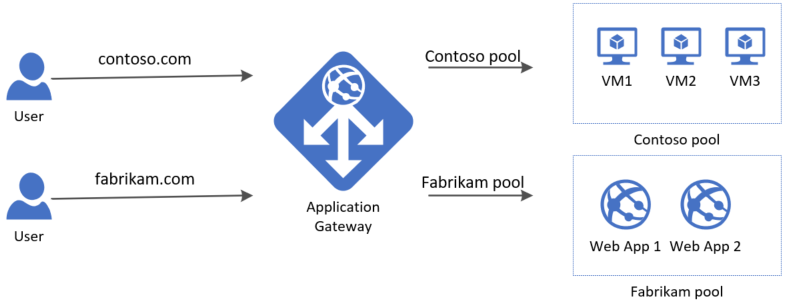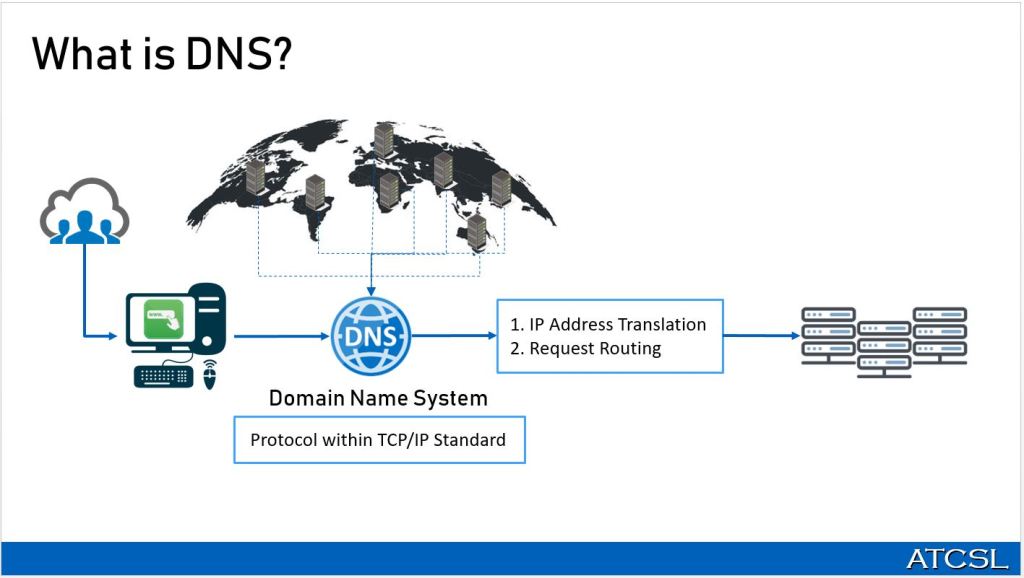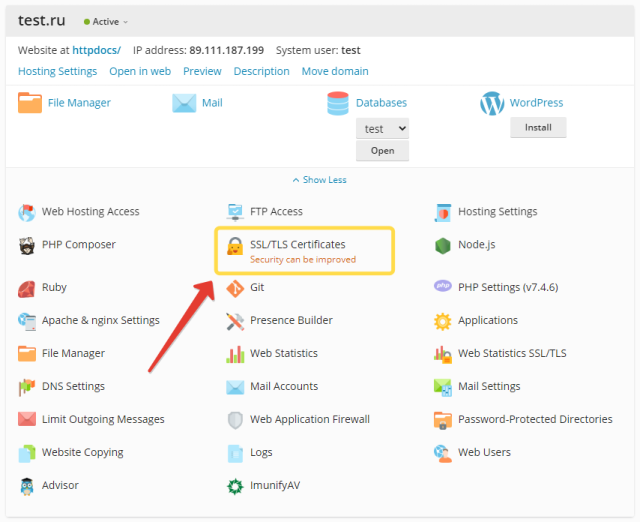
If you have a website, you need a server to host it. It allows you to store your website on disk space as well as bandwidth. Good hosting providers will offer support to customers. Without customer support, your website could crash and lose customers. Hosting is a major purchase. Customer support is essential. Read on to learn about some of the features to look for in a hosting plan.
Web hosting gives you a place to store your website.
Web hosting is a service in which you rent a space on a server for your website. It will contain all files from your website. It will also contain your website's DNS Server and other software. This space size will depend on what site you run and what content it contains. You will need more space if you have more content on your website. Some web hosting packages include as much as 10GB of disk space, a domain name for free, and 50 email addresses.
Hosting requires you to have a certain amount disk space on your server. This is necessary in order to keep all your website files. This disk space is different from bandwidth, which is the amount of data that visitors can access your site. You should check the disk space that you need before you sign up for web hosting.
It has bandwidth
Websites' success is determined by how much bandwidth they can access. You can improve your visitors' experience and reduce bounce rates by having enough bandwidth. Hosting plans offer many bandwidth options. Each plan is tailored to the specific needs of each website. For instance, a small website would need just a few GBs for its initial setup, and may only need more bandwidth as it experiences increased traffic.

Bandwidth is the amount of data that can be transferred between websites. This applies to documents, emails, as well as videos. Different hosting providers offer varying levels of bandwidth, which vary from monthly, weekly, and daily plans. To determine what your website needs, you should calculate how much data you will transfer each month. If you go over the limit, you will have to pay a higher monthly fee.
It gives you disk space
A server allocates disk space to hosting customers. This space can be used for your website's content or email. The amount of disk space you are allocated depends on what type of site you want to build and how much content you have. Disk space can also be scaled. Hosting companies often offer monthly plans with varying amounts disk space. You can either upgrade or decrease your plan as necessary.
Disk space is one of the most important elements of a hosting plan. Hosting plans typically offer 20GB to 100GB space. Dedicated servers can provide up to 1TB. Bluehost makes it easy to see how much space is available on your server and what files and bandwidth are being used.
It provides customer support
If you are considering purchasing hosting, it is a good idea to ask about the company's customer service. While it's good to have a friendly, helpful chat support team to answer your questions, you should also ask about the technical proficiency of the support staff. Hosting providers often have well-trained support staff. It is important to know the response time of customer support staff. If you are not receiving assistance within a reasonable time, this could mean that you will have to wait longer.
Running a successful reseller hosting business requires excellent customer service. A satisfied client will be more likely to renew their contract and may even recommend your services to others. It is essential to offer multiple channels of contact for your support staff in order to ensure you provide five-star service. Good customer service systems should include ticket-based systems, instant channels, and self help resources.

It allows for scalability
Buy hosting that allows you to scale. This is one of your best options for your site. Scalability refers to a provider's ability to adapt to changes in demand. This can be physical processes, or software components such as cloud storage. You need a hosting company that is able to grow with your business.
Scalability is essential for business users and makes it possible for businesses of all sizes to compete. Cloud computing offers flexibility, allowing businesses to increase and decrease computing resources depending on their budget. You can easily scale up or decrease the number of websites you have without paying more. This feature is especially useful for growing businesses as it can easily transition to a dedicated physical server or cloud-hosted dedicated server if the need arises.
FAQ
Which website builder should I use?
You can start small and build a solid web presence. If you have all the resources and time, then build a website. Start with a basic blog, even if your budget is limited. As you develop your website design skills, you can always add additional features.
However, before you create your first website you need to set up a primary URL. This will provide a point to which you can publish content.
How Do I Create a Free Website?
It all depends on the type of website you are trying to build. Do you want to sell products online? Start a blog? Build a portfolio?
It's possible to make a website that is essential using HTML and CSS. It is possible to make a basic website with HTML and CSS. However, many web developers recommend using a WYSIWYG editor, such as Frontpage or Dreamweaver.
If you don't have experience designing websites, hiring a freelance developer might be the best option. They can help create a custom website for you based on your requirements.
Freelance developers can charge either an hourly or a flat fee. The price of hiring a freelancer will vary depending on how much work is completed within a specified timeframe.
For example, you might pay $50-$100 an hour to a company. For larger projects, rates are usually higher.
You can also find jobs on many freelance websites. You can also search on those websites before you reach out to developers.
Can a strong portfolio make me more likely to get hired as web developer?
Yes. A portfolio is essential when landing a web designer or developer job. Your portfolio should show examples of your skills, experience, and knowledge.
Portfolios are usually made up of examples of past projects. These examples can showcase your abilities. Portfolios should contain everything, from wireframes, mockups, logos and brochures to websites, apps, and websites.
Statistics
- When choosing your website color scheme, a general rule is to limit yourself to three shades: one primary color (60% of the mix), one secondary color (30%), and one accent color (10%). (wix.com)
- Did you know videos can boost organic search traffic to your website by 157%? (wix.com)
- It's estimated that chatbots could reduce this by 30%. Gone are the days when chatbots were mere gimmicks – now, they're becoming ever more essential to customer-facing services. (websitebuilderexpert.com)
- It's estimated that in 2022, over 2.14 billion people will purchase goods and services online. (wix.com)
- In fact, according to Color Matters, a signature color can boost brand recognition by 80%. There's a lot of psychology behind people's perception of color, so it's important to understand how it's used with your industry. (websitebuilderexpert.com)
External Links
How To
What is website hosting?
Website hosting refers simply to the place that people visit when they visit a website. There are two types.
-
Shared hosting – This is the most affordable option. Your website files reside on a server owned by someone else. Customers who visit your website send their requests via the Internet over to that server. The owner of the server then hands off the request to you.
-
Dedicated hosting is the most expensive option. Your website is located on only one server. You and your traffic are protected by the fact that no other websites share server space.
Because it is less expensive than dedicated hosting, shared hosting is preferred by many businesses. You can use shared hosting if the company owns the server to provide the resources required for your website.
But there are pros and cons to both options. These are some of the major differences between them.
Pros of Shared Hosting
-
Lower Cost
-
Easy To Set Up
-
Frequent Updates
-
It can be found at many web hosting providers
You can get shared hosting for as low as $10 per monthly. Remember that shared hosting usually comes with bandwidth. Bandwidth refers the data that you can transfer over the Internet. So even if you only upload photos to your blog, you may still pay extra money for high amounts of data transferred through your account.
You will quickly see why you paid so much for your former host once you have started. Most shared hosts have very poor customer support. Their techs will occasionally walk you through setting up your site, but you're on your own after that.
Look for a provider who offers 24/7 phone support. They will take care of any issues while you sleep.
Cons of dedicated hosting
-
More Expensive
-
Less common
-
Requires special skills
With dedicated hosting you will have everything you need to manage your website. You won't have worry about whether your website is using enough bandwidth, or whether it has enough RAM (random-access memory).
This means that upfront, you'll need to spend a bit more. However, once you start running your business online, you'll find that you won't need much technical assistance. You'll become an expert at managing your servers.
Which Is Better for My Business?
The answer will depend on the type and purpose of your website. If you're selling products only, shared hosting might work best. It's simple to set it up and keep it updated. A server shared with several other sites means that you will receive frequent updates.
If you are looking to create a community around your brand, dedicated hosting is the best option. It allows you to focus on building your brand and not worrying about managing your traffic.
Bluehost.com is the best web host for both. They offer unlimited data transfers per month, 24/7 support and free domain registration.